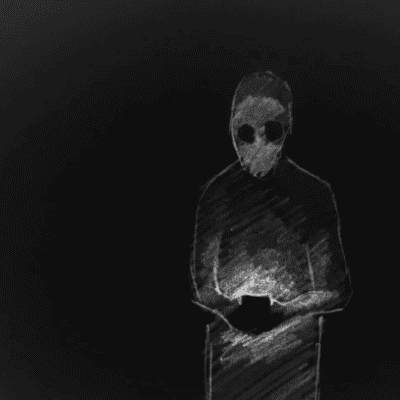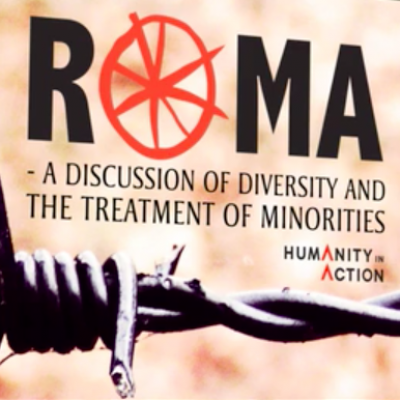Article
The goal of the Action Project, When I Fall Silent, Silent Falls the World, was to spread knowledge about the situation Roma people found themselves in as a result of the armed conflict in Kosovo. Senior Fellows Johanne Hoppstock Luzyn, Agnieszka Skonecza, Marta Sykut and Katarzyna Wrzesinska wanted to start a long overdue discussion on the situation of the Roma minority in Europe to lead to a reflection on the situation of the Roma people in Poland and on how, through the dissemination of knowledge, we can build mutual understanding and improve the status quo.
Through this Action Project, the Senior Fellows wanted to show what the Roma people in Poland are really like.
When I fall silent—silent falls the world is a snippet of the song commonly known as We Gypsies or Ore, ore. The song is catchy and for years it’s been a hit by numerous campfires, and it tells the story of… Gypsies, or rather Romani people.
There are nearly 16,000 people in Poland who declare Roma ethnicity. It may not seem like a lot– too few for most Poles to have a chance to personally get to know even one representative of this group. Still, almost everyone can easily describe the average Roma, or at least the stereotype of one. Often it’ll be a description full of negative stereotypes, sometimes closer to the colorful, magical characters from the song We Gypsies.
Through the dissemination of knowledge, we can build mutual understanding and improve the status quo.
Through this Action Project the Senior Fellows wanted to show what the Roma people in Poland are really like. Is it really that easy to pigeonhole them all?
As part of the project, film screenings were organized, combined with discussions and exhibitions of photography in Warsaw, Poznań, Łódź, Wrocław and Lublin. In addition, a nationwide competition was organized, entitled “A Roma, or who? Think again,” aimed at debunking stereotypes about the Roma people, as a result of ignorance, prejudice or racism, through the promotion of an open and tolerant attitude to otherness.




